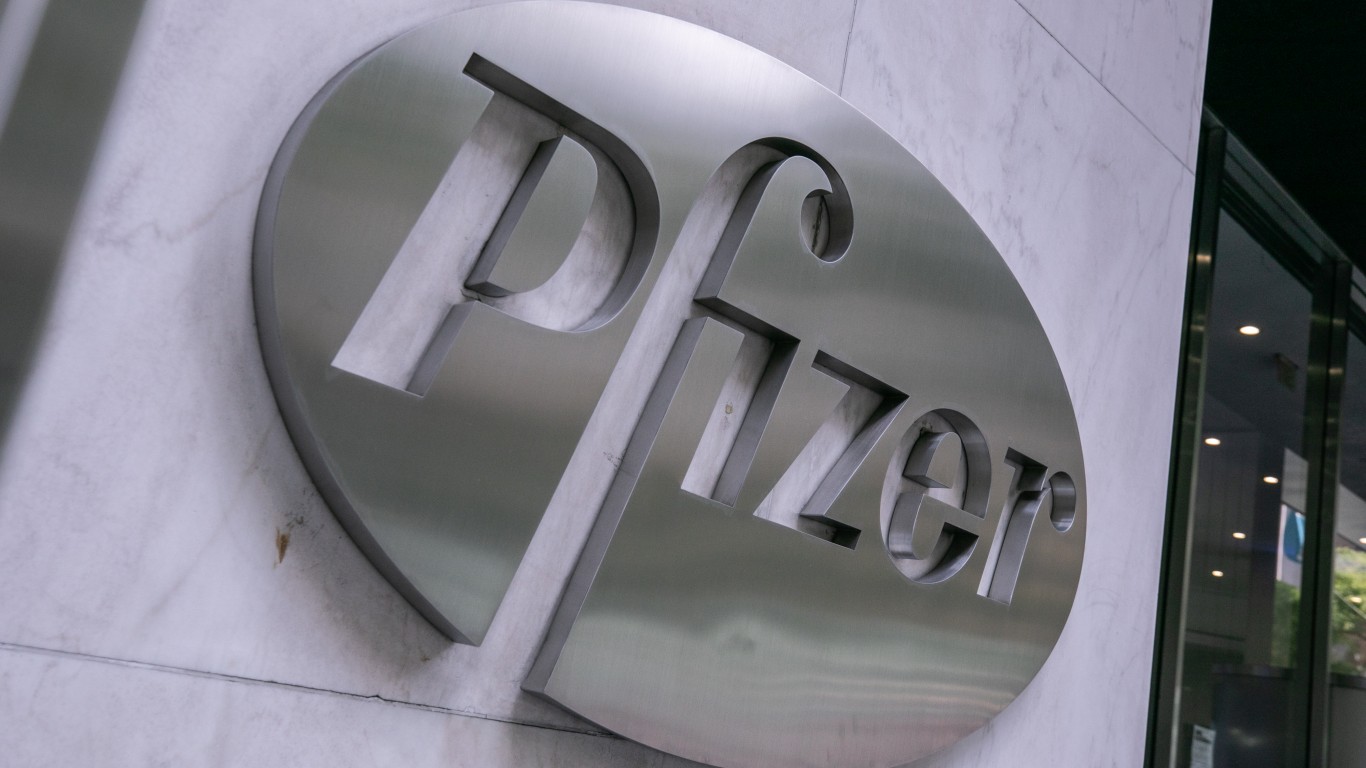 The International Labor Office of the United Nations released its new “Global Unemployment Trends for Youth 2012.” It is one more forecast of a “lost generation” of productive workers. As young people around the world go without jobs for several years, they fall behind the normal pattern that would make them consumers from their 20s through their 60s. That progress has been and will be retarded. Logic says that long-term gross domestic product will be effected by the gap in new consumers. The primary conclusion of the report:
The International Labor Office of the United Nations released its new “Global Unemployment Trends for Youth 2012.” It is one more forecast of a “lost generation” of productive workers. As young people around the world go without jobs for several years, they fall behind the normal pattern that would make them consumers from their 20s through their 60s. That progress has been and will be retarded. Logic says that long-term gross domestic product will be effected by the gap in new consumers. The primary conclusion of the report:
The economic crisis abruptly ended the gradual decline in global youth unemployment rates during the period 2002–07. Since 2007 the global youth unemployment rate has started rising again, and the increase between 2008 and the height of the economic crisis in 2009 effectively wiped out much of the gains made in previous years. Globally, the youth unemployment rate has remained close to its crisis peak in 2009. At 12.6 per cent in 2011 and projected at 12.7 per cent in 2012, the global youth unemployment rate remains at least a full percentage point above its level in 2007. Nearly 75 million youth are unemployed around the world, an increase of more than 4 million since 2007. Medium-term projections (2012–16) suggest little improvement in youth labour markets. By 2016, the youth unemployment rate is projected to remain at the same high level.
The rise in part-time employment adds to the anemic creation of highly productive and well-paid jobs. The damage, if it is a decade long or longer, almost certainly will weigh on the economy well beyond the next decade.
Japan Ratings Cut
Credit rating agency Fitch Ratings cut Japan’s sovereign ratings to A+ and posted its outlook as “negative.” It is one in a long line of downgrades in the ratings of large developed nations. The announcement undermines faith in a rapid economic recovery in the old order, which used to include the United States, Europe and Japan. Japan may not be effected much, at least in its ability to raise money on preferential terms. As the economic and financial situation in the European Union worsens, there are limited investment options for global capital markets investors. This has kept U.S. Treasury yields at all-time lows, despite a cut in its AAA rating by S&P last August. Fitch wrote about the Asian nation:
Japan’s gross general government debt is projected to hit 239% of GDP by end-2012, by far the highest for any Fitch-rated sovereign. This debt ratio would also have risen 61pp since the global financial crisis. This compares with a median of 39pp for OECD economies and 8pp for ‘A’ range sovereigns. Japan is less of an outlier when account is taken of its large pile of sovereign financial assets (worth about 80% of GDP on Fitch’s calculations), but net indebtedness is still rising strongly.
Japan’s Fiscal Management Strategy envisages declines in the government debt/GDP ratio only from FY21. Fitch regards this as a slow pace of consolidation given the scale of Japan’s debt. Moreover, Japan’s consolidation strategy is subject to political risk. The government’s key revenue-raising plan is to hike the consumption tax to 10% by FY15 from 5% now. The measure is back-loaded (planned to start in FY14) and remains highly politically controversial.
Windows 7 Forecast
Microsoft (NASDAQ: MSFT) CEO Steve Ballmer claims that 350 million Windows 7 enabled devices will ship this year. According to Bloomberg, Ballmer claims, “It makes Windows the most popular single system.” Compared to what, a skeptic might ask. Windows 7 is the past, and Windows 8, slated to be released this fall, is the future. Ballmer did not have as much to say about that. Microsoft may ship many tens of millions of Windows 8 enabled devices, but Wall St.’s most significant concern is that very few of these will be mobile devices, the supposed future of operating systems as the demand for PCs falters. Microsoft’s largest bet on mobile versions of Windows is its partnership with deeply wounded handset company Nokia (NYSE: NOK). Its new smartphones, part of its Lumia brand, have only sold modestly well, and continue to be swamped by sales of Apple (NASDAQ: AAPL) iPhones and iPads, and a new generation of Google (NASDAQ: GOOG) Android-powered devices. Ballmer’s comments about Windows 7 mean little.
IMF on the UK
The new International Monetary Fund report on the UK (“United Kingdom—2012 Article IV Consultation Concluding Statement of the Mission”) has a pessimistic tone. But the agency believes that the country can help its own cause through stimulus and monetary policy. These cut against the current trend of government austerity and a lack of intervention of any significance from the Bank of England. The IMF analysts write:
Policies to bolster demand should help close the output gap faster. It needs to be recognized that policy options in this regard come with risks, including uncertainty about their effectiveness. However, these risks need to be weighed against the risk of weak demand that leads to persistently slow growth and high unemployment that become entrenched in decisions made by consumers and investors.
To meet that goal, the Cameron government would have to reverse course and replace its expense cuts, at least in part, with national stimulus. That would be well off the charted path of set by Cameron and is highly unlikely to happen.
Douglas A. McIntyre
It’s Your Money, Your Future—Own It (sponsor)
Retirement can be daunting, but it doesn’t need to be.
Imagine having an expert in your corner to help you with your financial goals. Someone to help you determine if you’re ahead, behind, or right on track. With SmartAsset, that’s not just a dream—it’s reality. This free tool connects you with pre-screened financial advisors who work in your best interests. It’s quick, it’s easy, so take the leap today and start planning smarter!
Don’t waste another minute; get started right here and help your retirement dreams become a retirement reality.
Thank you for reading! Have some feedback for us?
Contact the 24/7 Wall St. editorial team.





